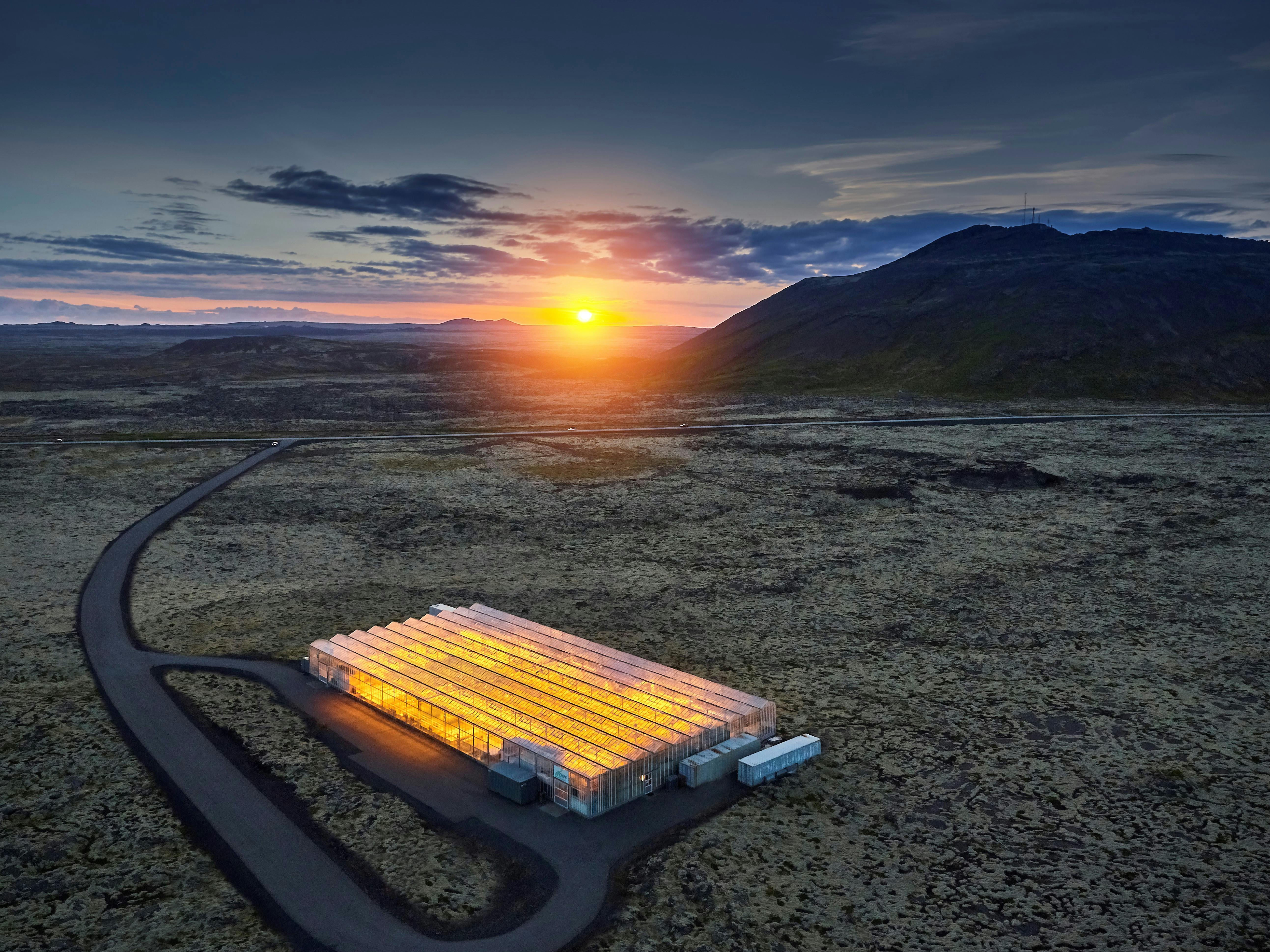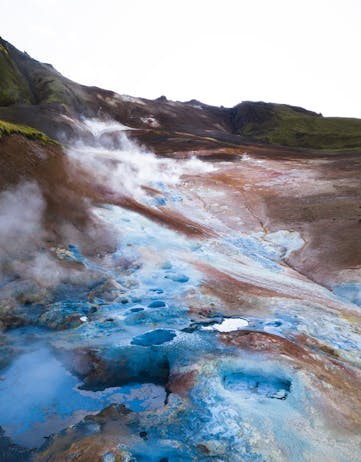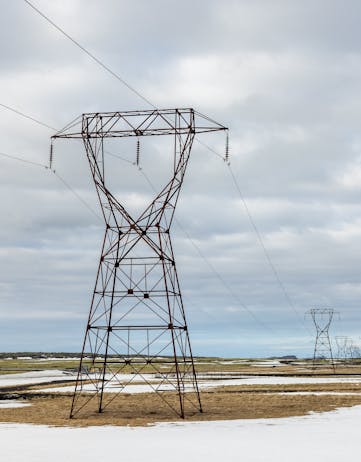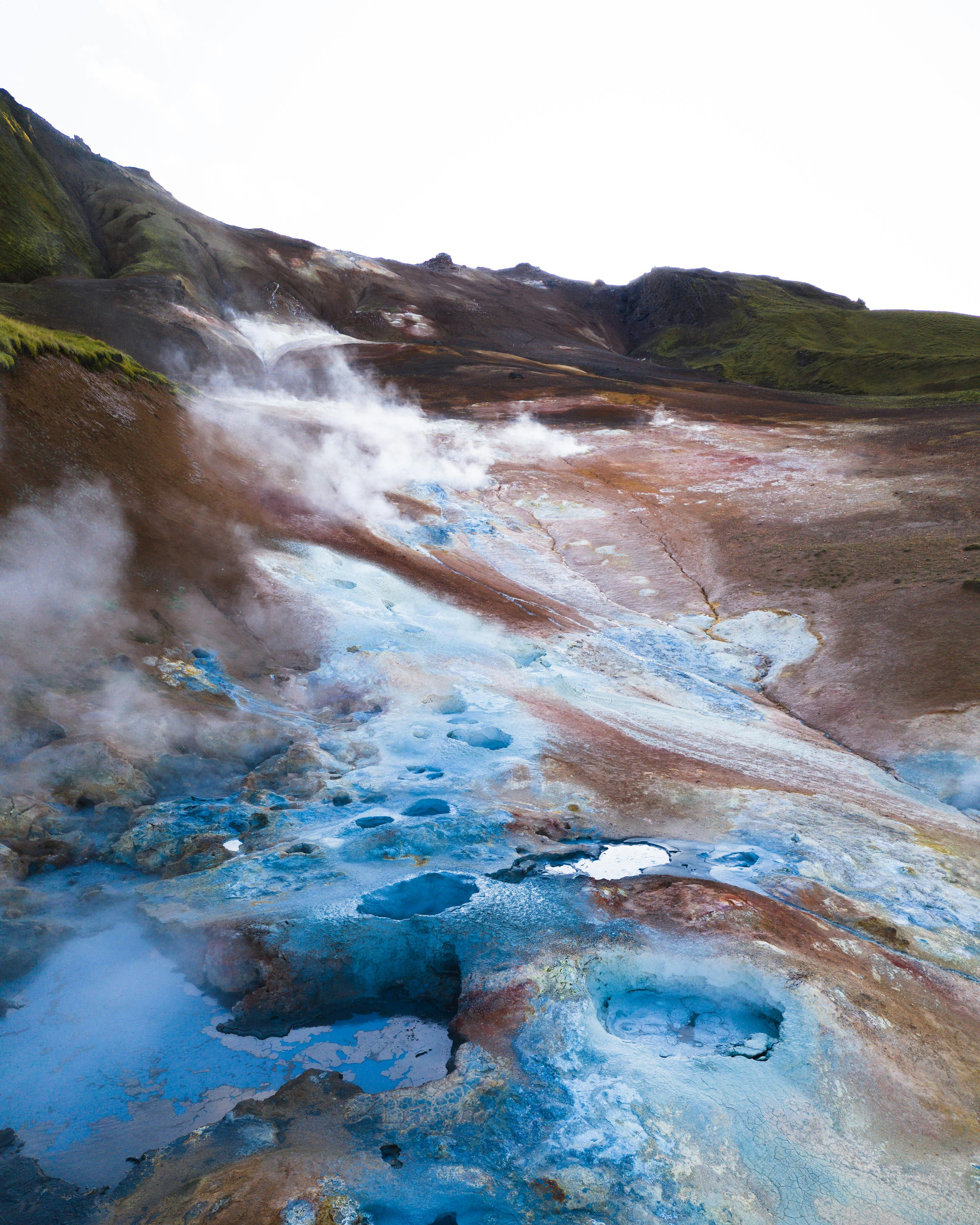
Incentives and support
The Icelandic Government acknowledges that Foreign Direct Investment is paramount to the continued sustainable growth of Iceland's economy. Particular emphasis is on generous support and incentives for Research and Development and attracting foreign experts to work in Iceland. Special incentives for green investments have recently been introduced.
As a member of the European Single Market, Iceland adheres to the European State Aid Rules. These allow for regional incentives for new direct investment in defined areas. In Iceland, all the regions outside the capital area are generally eligible for regional investment aid.
The European Commission has also published a regulation on General Block Exemptions that declares certain categories of state aid compatible with the Single Market, such as training aid, aid to SMEs, and incentives for environmental protection and investment projects.
Applications and inquiries can be submitted to the Ministry of Higher Education, Science and Innovation for general review. Investment agreements with defined incentives are subject to legislative authorization from the parliament and approval from the EFTA Surveillance Authority.

Tax incentives for foreign experts
Foreign experts, hired to work in Iceland, do enjoy personal tax incentives. A special tax deduction allows that only 75% of the income is considered taxable for the first three years of employment, if the foreign expert is hired with a legal entity, which has domicile or a fixed place of business in Iceland and that legal entity is the actual salary-payer; the foreign expert has not been domiciled in Iceland the previous 5 years before his recruitment; and the foreign expert has knowledge that is limited in Iceland.

Incentives for R&D
Iceland offers incentives for research and development in the form of tax credits for innovation companies as outlined in Act No 152/2009, approved by the EFTA Surveillance Authority. The aid is granted as a reimbursement of the companies´ paid income tax.
The tax credit is 35%of the actual R&D cost within small and medium sized companies and 25% within other. There is an annual ceiling of a total actual cost of ISK 1,100 million which may include outsourced cost of up to ISK 200 million. Under the scheme companies that carry out research and development projects can apply for a tax credit to the Icelandic Centre for Research (Rannís).
The Icelandic Government acknowledges that Foreign Direct Investment is paramount to the continued sustainable growth of Iceland´s economy

ORF Genetics, Grindavík
Incentives for green investments
Iceland has introduced new tax incentives for green investments. The incentive equals to a 5% discount of the purchase price of sustainable and environmentally friendly movable assets such as industrial and construction machinery and equipment, cars, transport equipment, and vessels.
The new green incentives are intended to encourage private investments while promoting environmentally sustainable solutions. The incentive applies to investments made from 2021 to 2025 that are environmentally friendly, promote sustainable development, and fall under one of following categories:
- Eco-friendly transport
- Renewable energy
- Sewage treatment and waste recycling
- Sustainable and environmentally friendly management of natural resources and land use



The incentive also applies to other assets if a) they are certified by a recognized party or b) fulfil at least two of the following criteria:
- Are rated A+ or higher according to the European Union Energy Efficiency rating.
- Are part of a production process that has environmental certification from a recognized authority.
- Are part of the EU Best Available Techniques for reducing emissions.
- Are powered at least 85% by electricity from renewable energy sources, biofuels, or electric fuels.
- Reduce electricity consumption by at least 30%, or emissions by at least 50%, compared to the asset being replaced or comparable assets on the market.
The incentive is granted in the form of additional depreciation base which is calculated on top of the value of the original investment. The additional base is depreciable in equal amounts spread over three consecutive years.
Further details and criteria for the eligibility of assets are defined by regulations from the Ministry of Finance and Economic Affairs.



